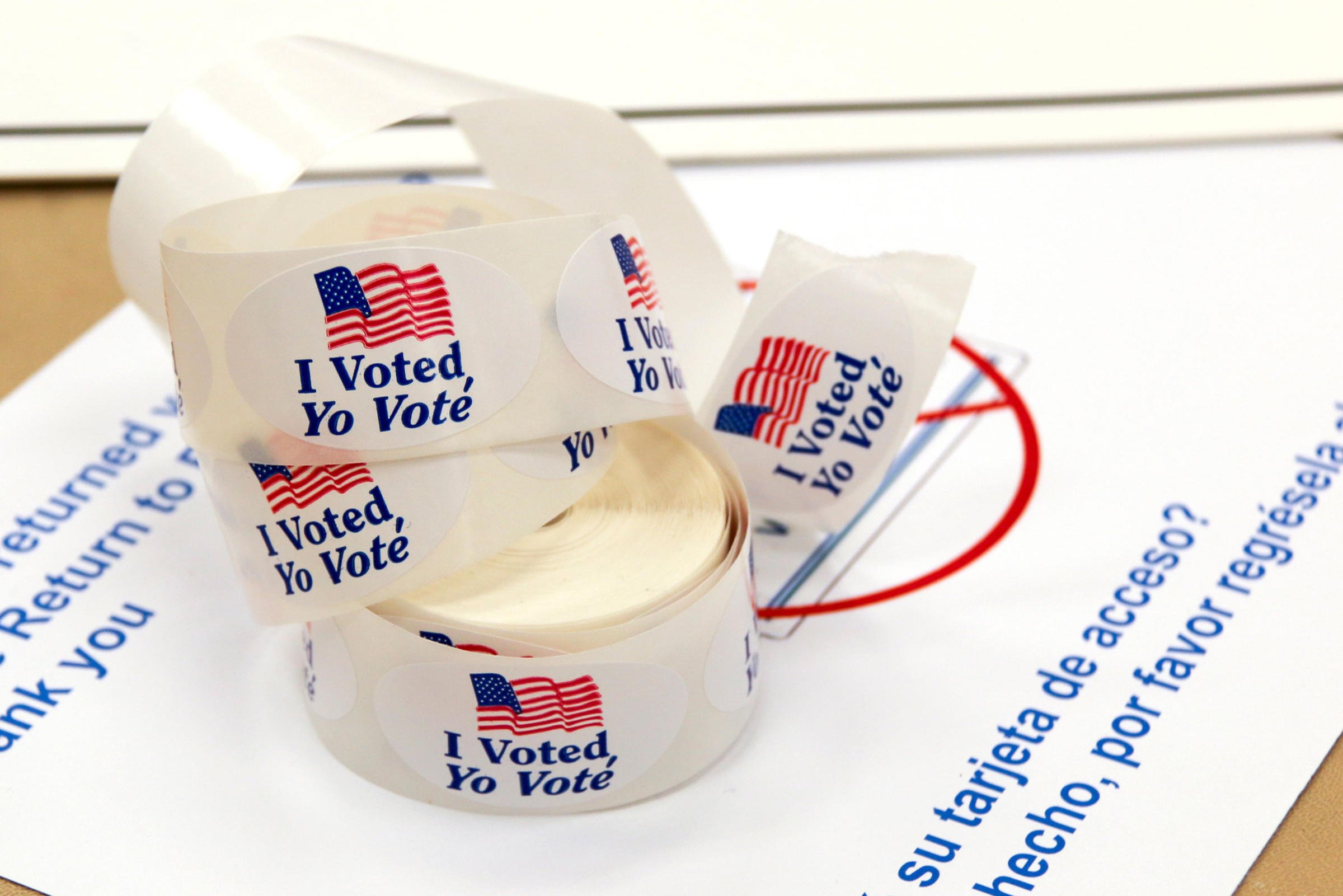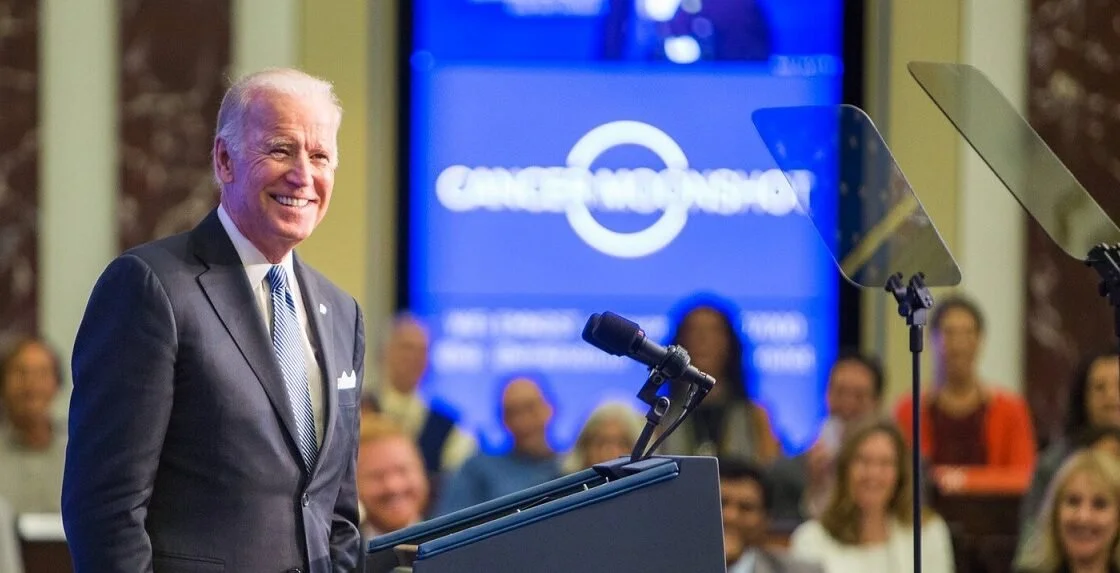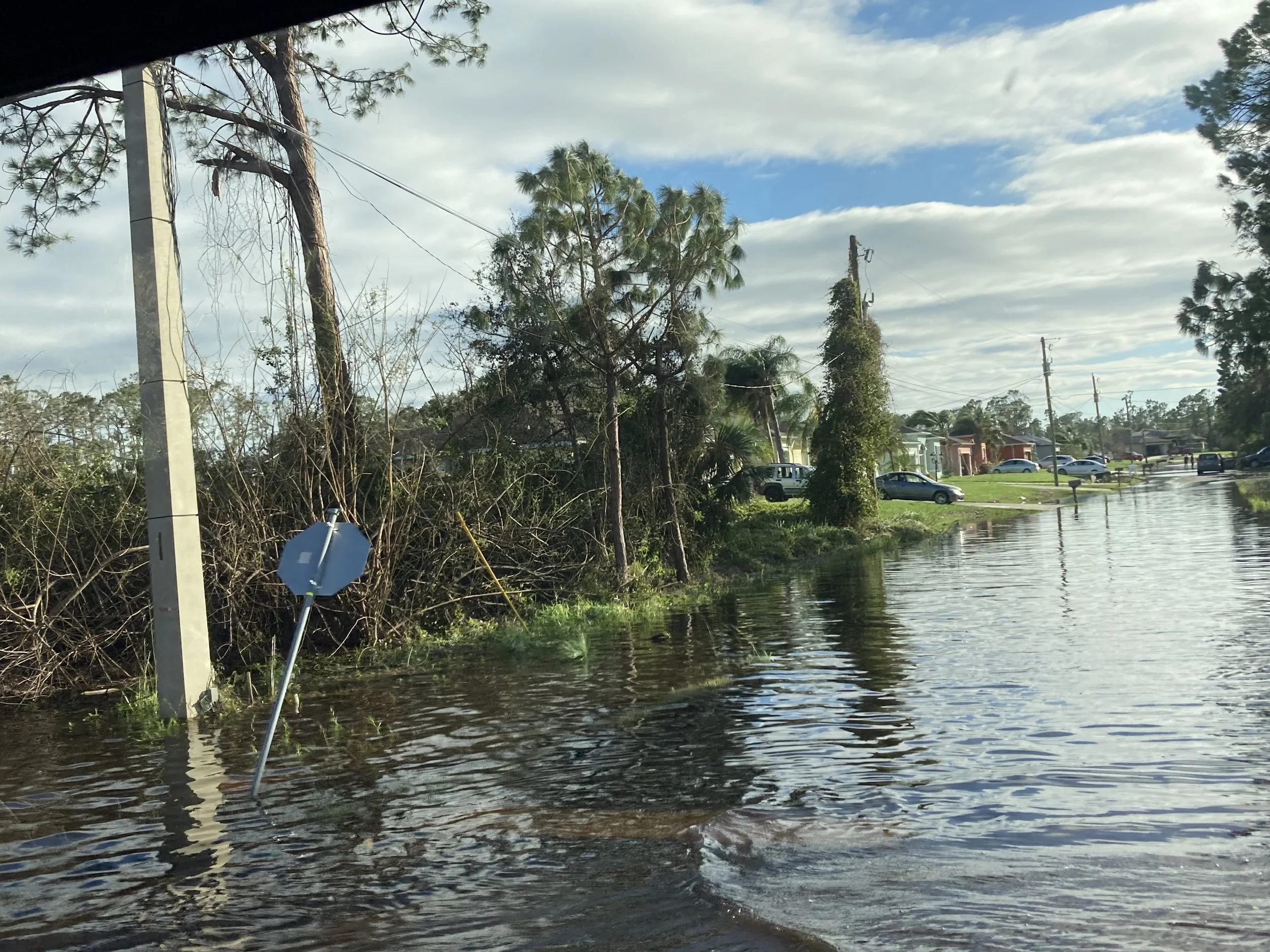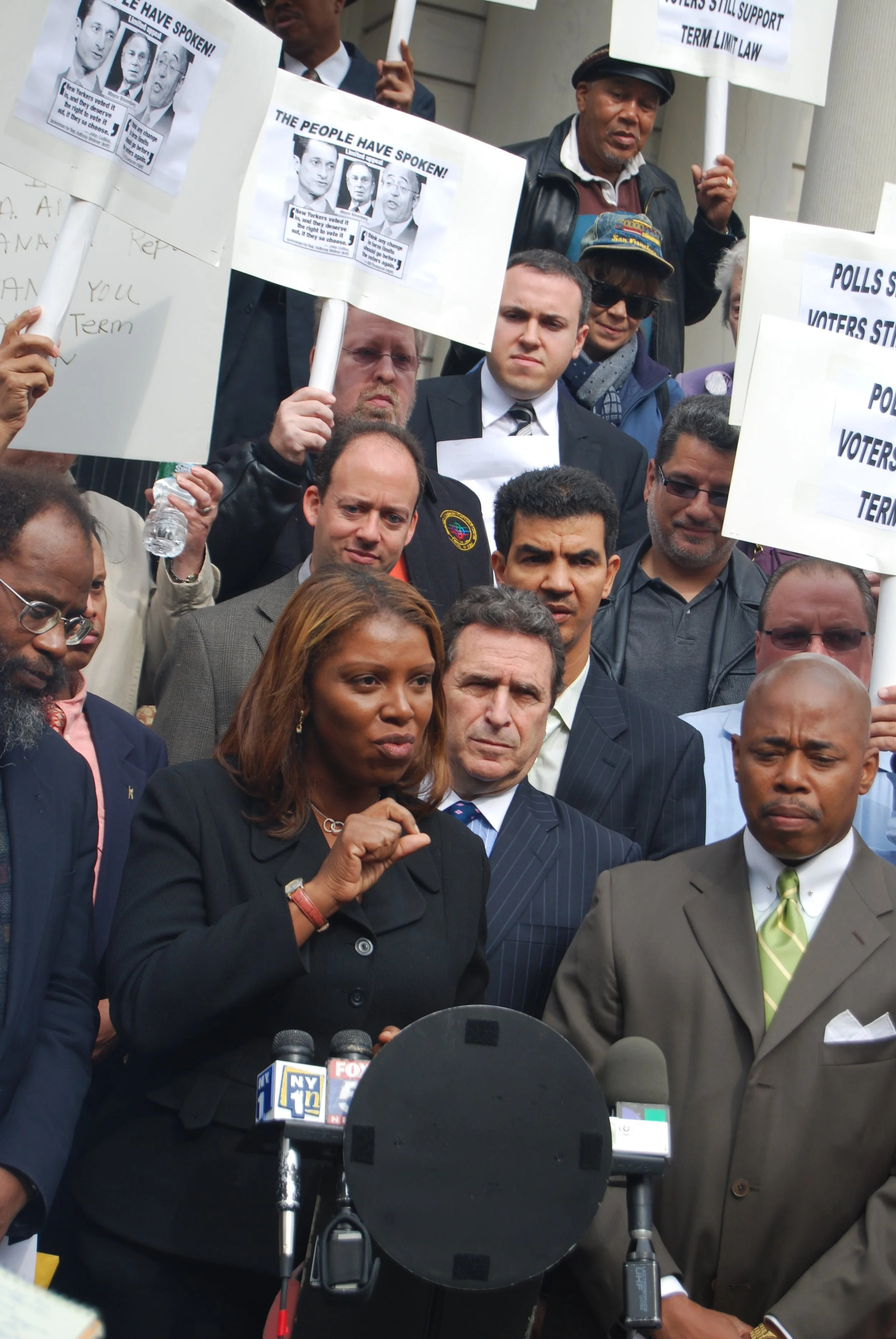Biden administration extends Public Loan Service Forgiveness program
College graduates previously employed in public service are getting a break this month. The Biden administration and Federal Student Aid office announced that the ongoing Public Service Loan Forgiveness program will extend its services to previously-ineligible borrowers. The deadline for this small expansion is Oct. 31.
Student Financial Services begins new counseling initiative
The executive director of Student Financial Services, Tayler Kreutter, recently announced in an email to the College community that Mount Holyoke College students would each be assigned a financial counselor. The email, personalized for each student, notified them of their respective counselor’s name and email address.
Mount Holyoke to end mask mandate on Oct. 14
Mount Holyoke students speak about the effects of Hurricane Ian
On Sept. 28, Hurricane Ian made landfall in Florida, entering a three-way tie for the state’s fourth-strongest hurricane, according to The Washington Post. The hurricane’s 155 mph winds battered the Florida coast and caused massive flooding in southwest and central Florida cities, according to the BBC.
Mount Holyoke Residential Life student workers file for unionization
On Sept. 28, 2022, Mount Holyoke College’s residential advisors and fellows filed for union recognition with United Food & Commercial Workers Local 1459. As explained by the Mount Holyoke Collective, a campus group fighting for change for RAs and RFs, the roles of Residential Life student leaders have changed due to the COVID-19 pandemic, and as expectations fluctuate the group wants to ensure they have sufficient power to continue advocating for themselves.
Campus mask mandate extended without end date due to high transmission
Trump accused of fraud by New York Attorney General in lawsuit
On Wednesday, Sept. 21, New York Attorney General Letitia James filed an extensive lawsuit accusing former President Donald Trump of “overvaluing his assets by billions of dollars,” The New York Times reported. James is suing the family-run Trump Organization, as well as Trump’s three eldest children, Ivanka, Eric and Donald Trump Jr.
Railroad strike averted, but travel plans derailed for many passengers
Photo by Ali Meizels ’23.
Amtrak trains travel to and from Union Station – pictured above – in Springfield, Massachusetts.
By Gillian Petrarca ’23
Staff Writer
The possibility of a railroad strike last weekend affected many students’ travel. Railroad workers from 12 labor unions across the country, such as the National Carriers’ Conference Committee and the Brotherhood of Locomotive Engineers and Trainmen, reached a stalemate in the bargaining of a new contract and were set to strike on Friday Sept. 16.
The main grievance for union members was paid sick leave. The workers were bargaining for 15 days of paid sick leave to be granted on a points-system policy. Management was hesitant to bargain on these issues, according to National Public Radio.
“We’re in a time when a lot of people have moved to remote work — so paid sick leave and job flexibility [are] becoming important,” Professor and Chair of Economics and labor economist Michael Robinson said.
In preparation for the strike, many Amtrak locations canceled trips. Arianna Ortiz Tencio ’23 was set to take a trip to Boston for the weekend when her train was canceled. “It was so frustrating, and the craziest part is that I never got an email about it. Only [my friend] did,” Tenicio said. Tenicio filed for a refund and was issued a refund fairly quickly, “But … they weren’t automatically issued, you had to go into the website and fill out your information. … I feel bad that the railroad workers have to go on strike in general,” Tenicio said.
The strike was averted by President Biden’s intervention when he helped negotiate a deal which would give railroad workers “some number of unpaid sick days,” as well as the uncontested ability to attend medical appointments, according to LaborNotes. The union vote on this contract is set for November.
Vladimir Putin and Xi Jinping convene at summit in Uzbekistan
Photo courtesy of The Kremlin/President of Russia’s Office via WikiMedia Commons.
The president of Russia, Vladimir Putin, and the president of China, Xi Jinping, pictured prior to their discussions in Beijing this year, during which Xi alluded to the February 2022 Ukrainian invasion.
By Amelia Potter ’26
Staff Writer
Before the invasion of Ukraine this past February, Chinese President Xi Jinping and Russian President Vladmir Putin declared a friendship of “no limits”, as reported by The New York Times. As it turns out, there are boundaries to this political allyship. The Times reported on Sept. 15, Jinping and Putin convened at a summit in Uzbekistan along with several other state leaders. According to NPR, the summit was a gathering of members from a security group created by China and Russia to counterbalance the influence of the United States.
The New York Times described the countries as coming to the meeting from places of “mutual weakness.” As stated by The New York Times, China is currently experiencing an “economic slowdown” — a consequence of strict COVID-19 restrictions and lockdowns. Putin, on the other hand, faced criticism as the war effort in Western-backed Ukraine turned against him. This month, as reported by The New York Times, Russia has lost “1,000 square miles” of territory. Despite Putin’s attempts to project strength, U.S. officials estimate there have been up to “80,000 Russian casualties in less than six months.”
Since the invasion of Ukraine triggered severe economic sanctions from the U.S. and other European countries on Moscow, China has been an economic lifeline for Russia. The New York Times reports that China remains a significant buyer of Russian commodities, and continues to be a crucial market for Russian exports.
As reported by The New York Times, Putin said at Thursday’s summit, “We highly appreciate the balanced position of our Chinese friends in connection with the Ukrainian crisis. We understand your questions and concerns in this regard,” Putin said during the meeting. Xi, however, did not speak of Ukraine. He only provided the statement that,“In the face of changes in the world, times and history, China is willing to work with Russia to demonstrate the responsibility of a major country, play a leading role, and inject stability and positive energy into a turbulent world.” The New York Times reported that scholars familiar with statements from the Chinese government interpreted Xi’s statement as an “implicit rebuke” of the invasion.
Ties between China and Russia go back to 1949, when the People’s Republic of China established a strong bond with the Soviet Union, according to the Center for Strategic and International Studies. Although the dynamic of their relationship has fluctuated in the subsequent decades, since 1989 the partnership has grown in scope. As reported by the same source, in 2019 President Xi said, “The China-Russia relationship is seeing a continuous, steady and sound development at a high level, and is at its best in history.” Additionally, The New York Times also detailed how Russia provided public support for China’s stance against Taiwan, and the Russian government swiftly denounced the visit of Speaker of the United States House of Representatives Nancy Pelosi to Taiwan as “provocative.” Yet, as Russia reaches a fragile moment in the war effort, China remains cautiously distant and steadfast. According to the same New York Times article, to lend any substantial aid or military support to Putin would risk provoking Western sanctions upon China’s already weakened economy. Russia has thus been obligated to turn to North Korea and Iran for military weapons.
As described by the New York Times, talks with Russia took backseat to Xi’s agenda with the other attending leaders of Central Asia — many from former Soviet republics and uneasy with Putin’s willingness to use force to regain former U.S.S.R. member Ukraine.
The partnership between Putin and Xi remains outwardly amicable. According to The New York Times, the Russian foreign minister Sergey V. Lavrov claimed that China and Russia still “see completely eye to eye on the international situation.” The same article reported that China has continued to reaffirm Russian propaganda over the last few months.
Nevertheless, by not endorsing the Ukrainian invasion nor lending substantial aid, Thursday’s summit served to display some limitations of the so-called unconditional political allyship of China toward Russia, and drew lines — albeit vague and perhaps temporary ones — in the sand.










